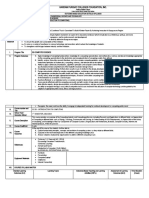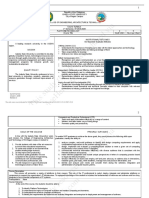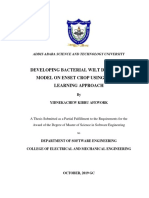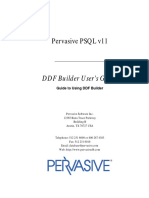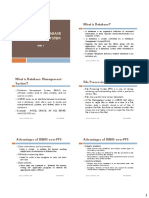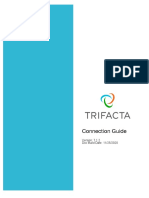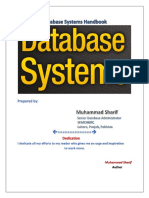0% found this document useful (0 votes)
8 views4 pagesCourse Outline
The Grade 12 Information Technology course at Imperial Academy covers ethical, legal, and social implications of information systems, emerging technologies, database management, web authoring, maintenance, and programming fundamentals. Students will gain hands-on skills in SQL, Python, and troubleshooting, while also understanding the impact of technology on society. By the end of the course, students will be equipped to navigate the digital world responsibly and effectively.
Uploaded by
Sofi KetemaCopyright
© © All Rights Reserved
We take content rights seriously. If you suspect this is your content, claim it here.
Available Formats
Download as DOCX, PDF, TXT or read online on Scribd
0% found this document useful (0 votes)
8 views4 pagesCourse Outline
The Grade 12 Information Technology course at Imperial Academy covers ethical, legal, and social implications of information systems, emerging technologies, database management, web authoring, maintenance, and programming fundamentals. Students will gain hands-on skills in SQL, Python, and troubleshooting, while also understanding the impact of technology on society. By the end of the course, students will be equipped to navigate the digital world responsibly and effectively.
Uploaded by
Sofi KetemaCopyright
© © All Rights Reserved
We take content rights seriously. If you suspect this is your content, claim it here.
Available Formats
Download as DOCX, PDF, TXT or read online on Scribd
/ 4





















